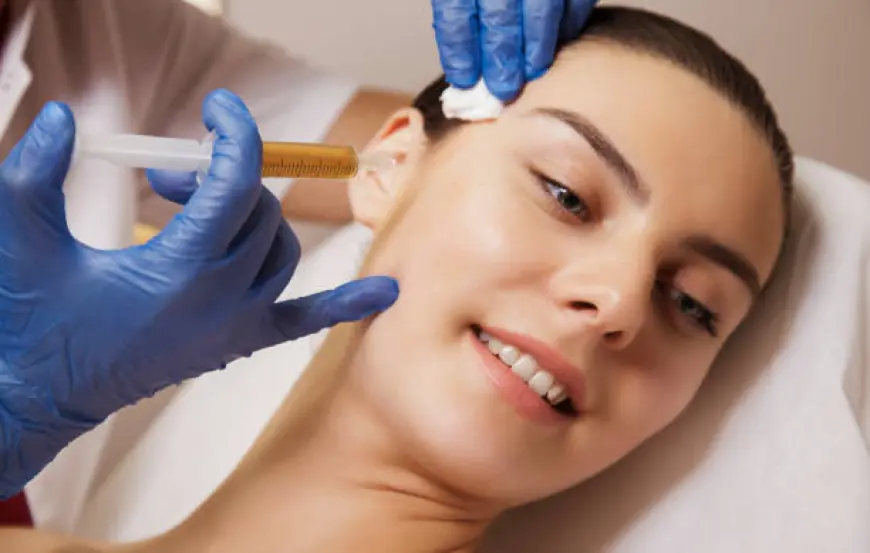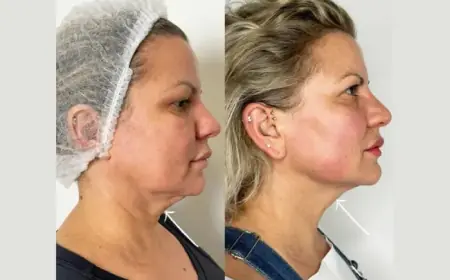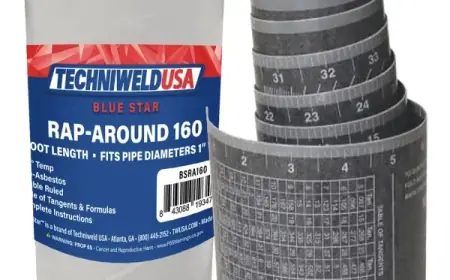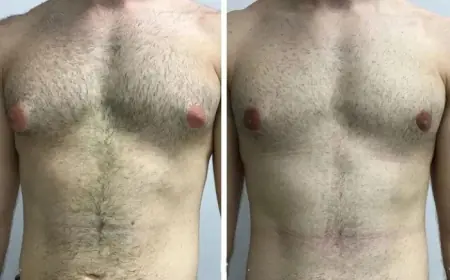Chemical Peel Aftercare Tips for Riyadh’s Harsh Climate
and overall appearance of the skin. However, the success of a chemical peel depends not only on the procedure itself but also on how well you care for your skin afterward. This is especially important in Riyadh

Chemical peels are a popular skincare treatment that can dramatically improve the texture, tone, and overall appearance of the skin. However, the success of a chemical peel depends not only on the procedure itself but also on how well you care for your skin afterward. This is especially important chemical peels in Riyadh, where the harsh climate—with intense sun exposure, dry air, and heat—can challenge your skin’s recovery process. In this blog, we will cover essential aftercare tips to help you protect and nourish your skin following a chemical peel, ensuring optimal results and minimizing complications.
Understanding the Impact of Riyadh’s Climate on Your Skin Post-Peel
Riyadh’s environment is characterized by strong sunlight, low humidity, and high temperatures. These factors can cause your skin to dry out quickly and become more sensitive after a chemical peel. The skin’s natural barrier is temporarily compromised during the peel, making it vulnerable to irritation, redness, and sun damage. Therefore, adapting your aftercare routine to Riyadh’s climate is crucial for safe healing and maintaining the benefits of your treatment.
Essential Aftercare Tips for Chemical Peels in Riyadh
Keep Your Skin Hydrated and Moisturized
One of the most important steps after a chemical peel is to keep your skin well-hydrated. Use a gentle, fragrance-free moisturizer that helps restore the skin’s moisture barrier without causing irritation. In Riyadh’s dry climate, moisturizing frequently throughout the day can prevent excessive dryness and flaking. Avoid products with harsh chemicals or exfoliants during the healing phase, as these can aggravate sensitive skin.
Protect Your Skin from Sun Exposure
Sun protection is non-negotiable after a chemical peel, especially in Riyadh’s intense sunlight. Your skin will be highly sensitive to UV rays, increasing the risk of hyperpigmentation and prolonged redness. Apply a broad-spectrum sunscreen with a high SPF every day, even if you stay indoors, and reapply every two hours when outside. Wearing wide-brimmed hats, sunglasses, and seeking shade can further shield your skin from harmful rays.
Cleanse Gently with Cool Water
After your peel, your skin will be delicate and prone to irritation. Use a mild, soap-free cleanser and rinse your face with cool or lukewarm water. Avoid hot water, scrubbing, or using abrasive washcloths, which can inflame the skin and slow down healing. Pat your skin dry gently with a soft towel instead of rubbing.
Avoid Picking or Peeling the Skin
It can be tempting to peel off flaking skin, but this can cause scarring and uneven pigmentation. Let your skin shed naturally to allow for proper regeneration. Resist touching your face unnecessarily to reduce the risk of infection and irritation.
Steer Clear of Heat and Sweating
In Riyadh’s hot climate, it’s common to sweat, but sweating can irritate your freshly peeled skin and increase inflammation. Avoid strenuous exercise, hot showers, saunas, and steam rooms for at least a week after your peel. Keeping your skin cool and dry supports a smoother recovery.
Follow a Gentle Skincare Routine
During the healing period, avoid using retinoids, exfoliants, acne treatments, or any products containing strong acids. These can disrupt the healing process and cause discomfort. Stick to simple, soothing skincare products recommended by your dermatologist.
Maintain a Healthy Diet and Stay Hydrated
Your skin’s ability to heal is influenced by your overall health. Drink plenty of water to stay hydrated internally, and eat a balanced diet rich in antioxidants, vitamins, and minerals that support skin repair. Avoid excessive caffeine and alcohol, which can dehydrate your skin.
Why Following Aftercare is Crucial for Chemical Peels in Riyadh
Proper aftercare maximizes the benefits of your chemical peel by promoting faster healing, reducing the risk of side effects, and preserving the improved skin texture and brightness. Given the unique challenges posed by Riyadh’s climate, neglecting aftercare can lead to prolonged redness, pigmentation issues, or even infection. By following these tailored tips, you ensure your skin remains healthy and radiant long after your treatment.
Summary
Chemical peels offer transformative results, but the key to success lies in diligent aftercare—especially in Riyadh’s harsh climate. Hydrate well, protect your skin from the sun, cleanse gently, avoid heat and sweating, and follow a simple skincare regimen. These steps will help your skin recover smoothly, allowing you to enjoy the full benefits of your chemical peel.
Frequently Asked Questions
How soon can I go outside after a chemical peel in Riyadh’s sunny weather?
It is best to avoid direct sun exposure immediately after your peel. If you must go outside, apply a high-SPF sunscreen, wear protective clothing, and limit your time in the sun to prevent damage.
Can I use makeup during the recovery period after a chemical peel?
It’s recommended to avoid makeup until your skin has fully healed and peeling has stopped. Makeup can clog pores and irritate sensitive skin during this time.
What type of moisturizer is best for skin after a chemical peel?
Choose a fragrance-free, gentle moisturizer that is non-comedogenic and designed for sensitive skin. Avoid products with alcohol, fragrances, or exfoliating agents.
How long does the peeling process last after a chemical peel?
Peeling usually lasts between a few days up to a week, depending on the peel’s strength. Allow your skin to shed naturally without picking or peeling.
Is it safe to exercise after a chemical peel in Riyadh’s hot climate?
It’s advisable to avoid strenuous exercise that causes sweating for at least a week post-peel to prevent irritation and inflammation.
What's Your Reaction?
 Like
0
Like
0
 Dislike
0
Dislike
0
 Love
0
Love
0
 Funny
0
Funny
0
 Angry
0
Angry
0
 Sad
0
Sad
0
 Wow
0
Wow
0




















































